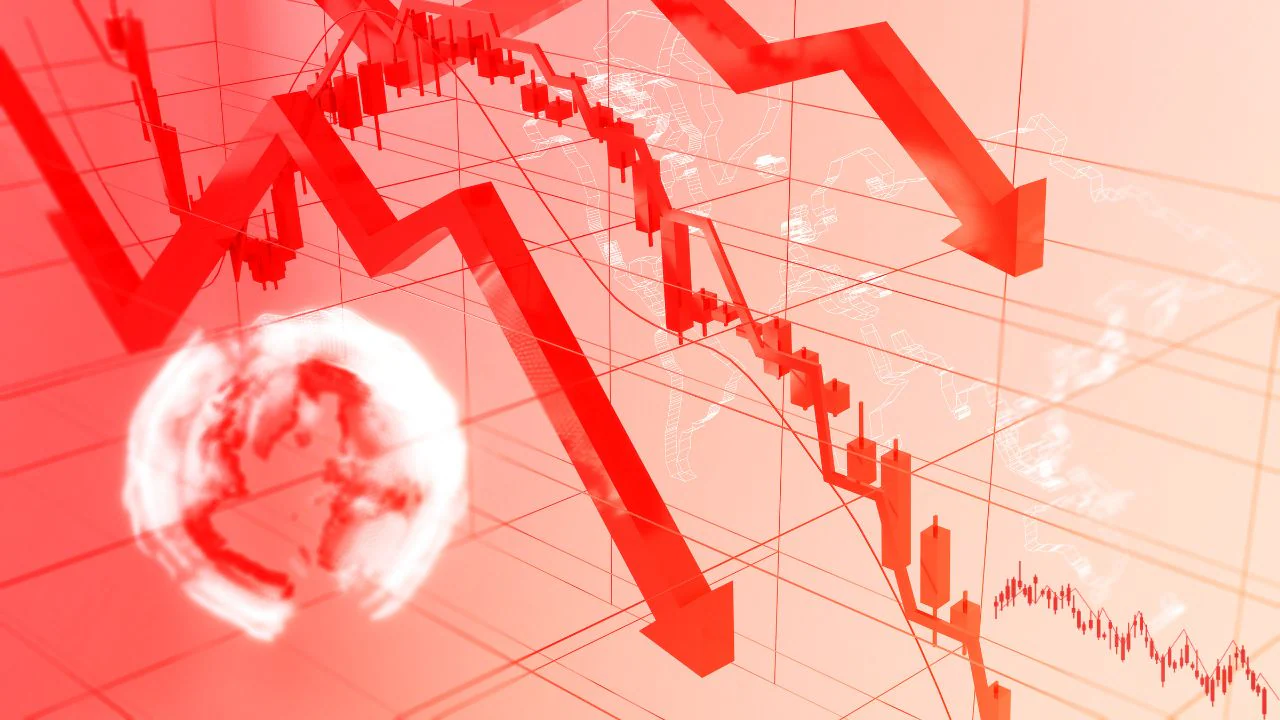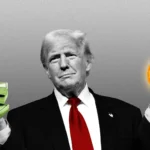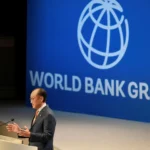Turkey to Lift Short-Selling Ban in Bid to Attract Foreign Investors

Turkey is preparing to lift its long-standing ban on short-selling stocks at the end of this month, a move that signals the government’s intent to restore confidence in its capital markets and bring back much-needed foreign investment. The policy change is seen as part of a broader effort to liberalize financial regulations, stabilize market sentiment, and align Turkey’s investment landscape with global norms.
A Shift in Market Policy
The short-selling ban was initially introduced during a period of extreme financial volatility, when the Turkish lira faced sharp depreciation and investor confidence collapsed amid rising inflation and political uncertainty. Regulators at the time argued that prohibiting short-selling was necessary to shield domestic equities from speculative attacks and to limit volatility in local markets.
However, with Turkey now seeking to reverse capital flight and boost its position as a destination for global investors, authorities appear ready to phase out what critics have long described as a restrictive and counterproductive policy.
Why Short-Selling Matters
Short-selling is a widely accepted practice in global markets, allowing investors to profit by betting against overvalued stocks. While controversial, it is also seen as a mechanism that increases liquidity, improves price discovery, and keeps companies accountable.
By banning the practice, Turkey effectively discouraged some large institutional investors from participating in its stock market, particularly hedge funds and global asset managers that rely on such tools for managing risk. Lifting the restriction, analysts say, could mark a turning point in making Turkey’s markets more attractive, particularly to international players.
Foreign Investor Appeal
For years, Turkey has grappled with dwindling foreign participation in its equity and bond markets. As of mid-2024, foreign ownership of Turkish equities hovered near historic lows, in part because of regulatory interventions that limited investor flexibility.
By signaling that it will allow short-selling again, Ankara is attempting to send a message of openness and reform. “This is a step toward normalizing Turkish markets and showing investors that Turkey is serious about rebuilding trust,” said one Istanbul-based market strategist.
The government is also under pressure to attract more capital inflows to ease balance-of-payments pressures and support the lira, which remains vulnerable despite central bank tightening.
Risks and Concerns
While the move may bring benefits, it also carries risks. Allowing short-selling could expose Turkish stocks to sharper price swings, especially in a market that remains fragile and sensitive to external shocks. Critics warn that without strong institutional oversight and transparency, the return of short-selling could trigger renewed volatility.
Moreover, skeptics note that regulatory inconsistency has long been a problem in Turkey’s financial system. If the ban is reinstated during the next bout of market turbulence, foreign investors could view it as a sign of unpredictability, undermining the credibility Turkey is trying to rebuild.
Part of a Bigger Reform Agenda
The easing of restrictions fits into a broader agenda spearheaded by Turkey’s new economic management team, which has promised to restore policy orthodoxy after years of unorthodox measures under President Recep Tayyip Erdoğan.
Recent efforts include raising interest rates to combat inflation, implementing tighter fiscal policies, and signaling greater independence for the central bank. Market watchers say the end of the short-selling ban is consistent with this broader push to normalize financial markets and make them more resilient.
Global Context
Turkey is not the only country to impose or lift short-selling restrictions. During periods of financial stress—such as the 2008 global financial crisis and the early months of the COVID-19 pandemic—several countries, including the US, Spain, and South Korea, imposed temporary bans. Most, however, lifted them within months, citing the long-term importance of maintaining liquidity and investor confidence.
In Turkey’s case, the ban has lasted far longer, becoming emblematic of its exceptional regulatory environment. Lifting it could therefore carry symbolic weight, positioning the country as more in line with international norms.
Looking Ahead
Investors are now watching closely for confirmation of the timeline and for details on how regulators plan to implement the change. If executed smoothly, the lifting of the ban could mark the beginning of a more investor-friendly era for Turkish markets.
Still, much will depend on whether the move is accompanied by broader, consistent reforms. Without credibility and policy stability, analysts warn, Turkey may struggle to retain foreign capital—even with short-selling back on the table.
















